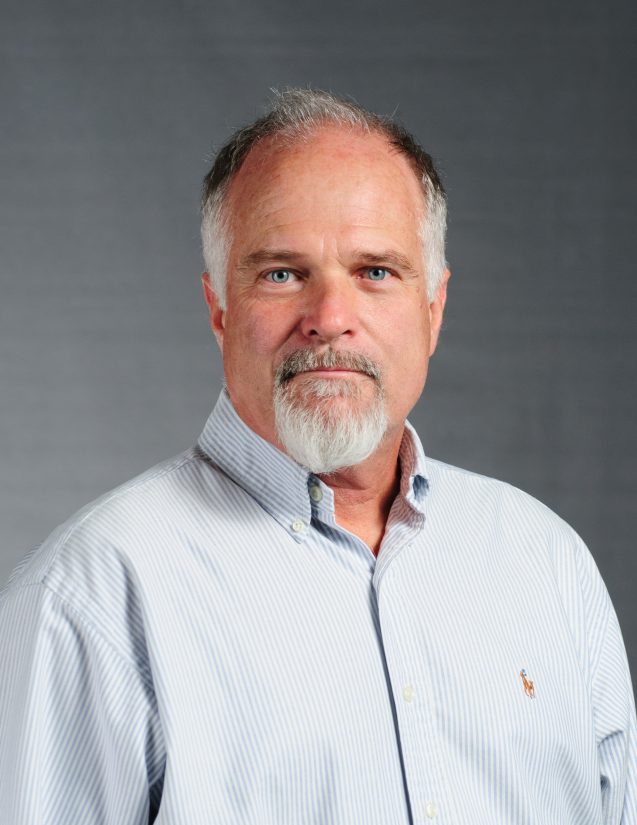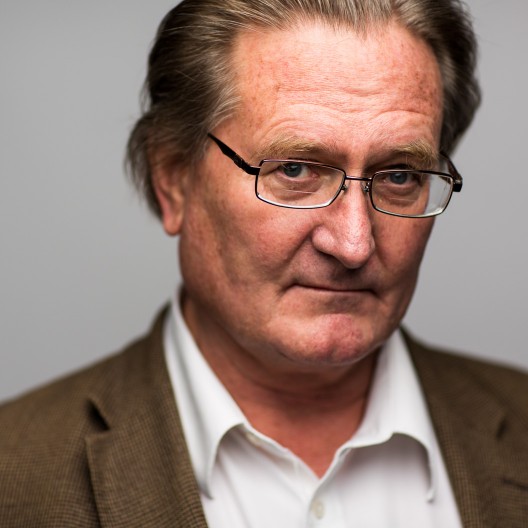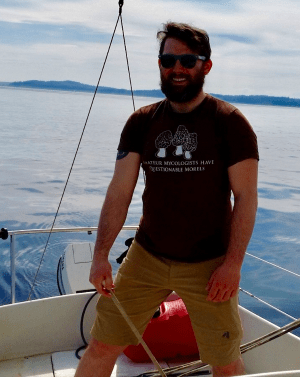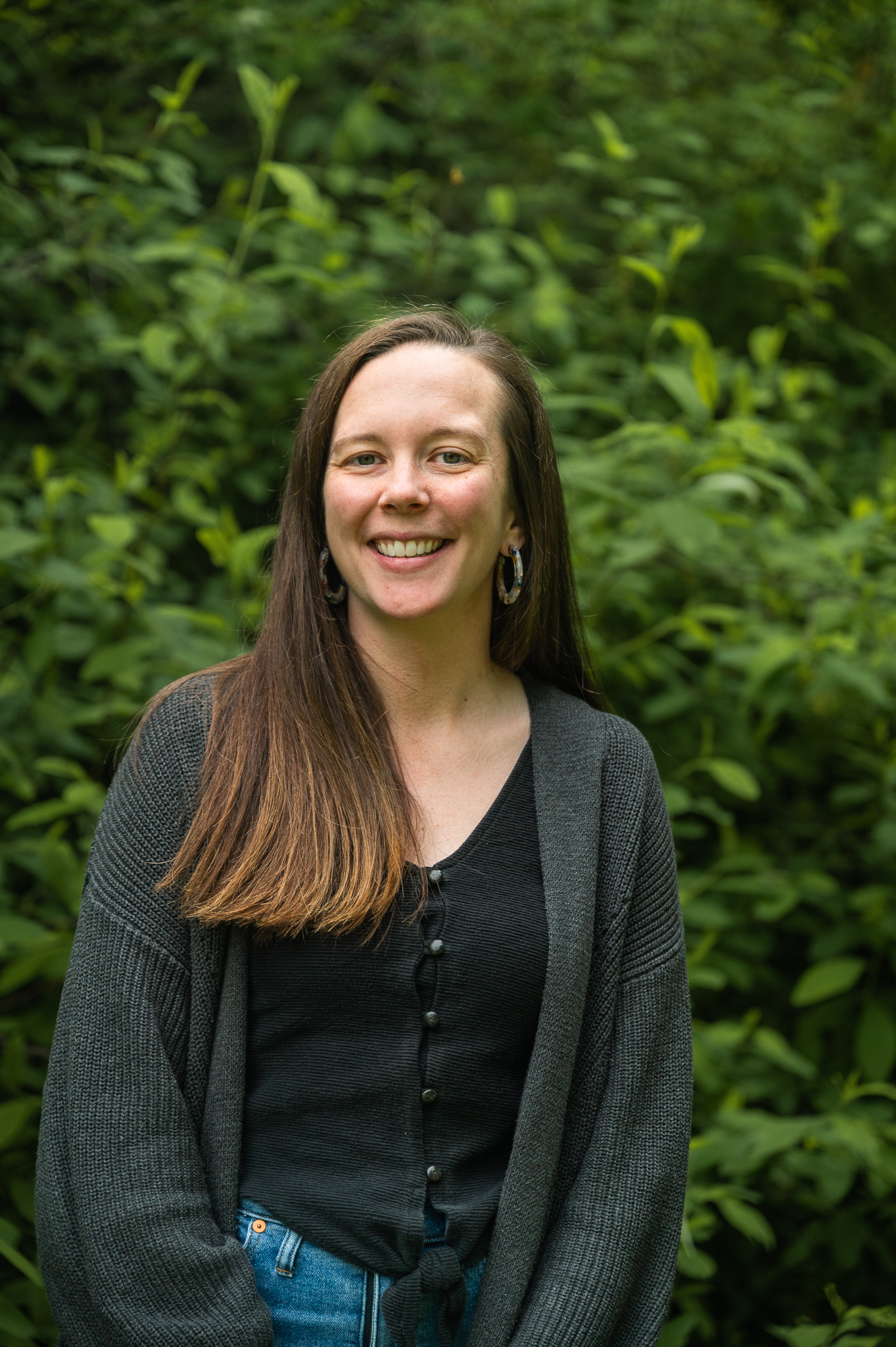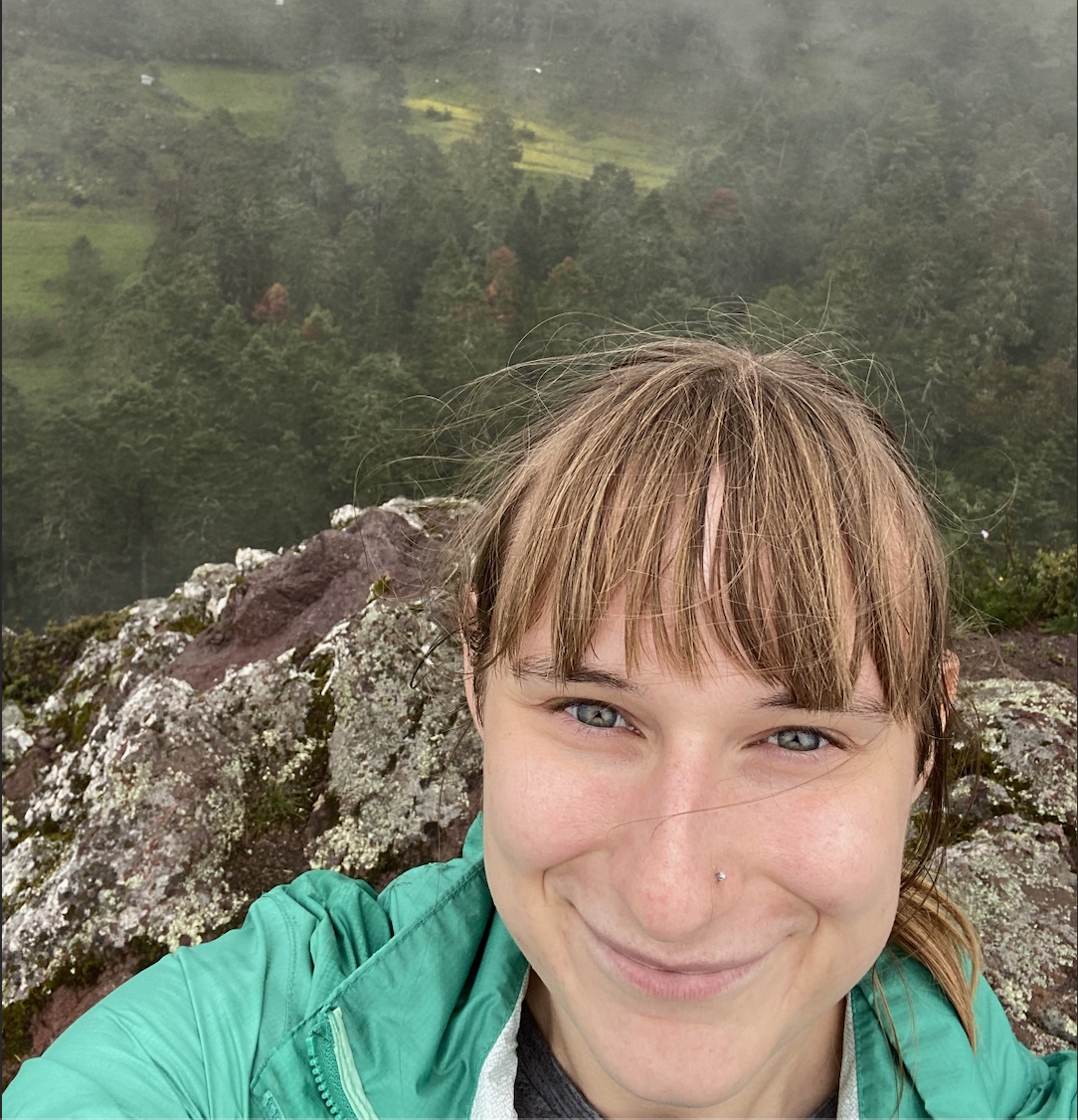Olympic Natural Resources Center
Housed within ONRC, the Washington Rural Ecosystem Sustainability Team (WREST) is composed of University of Washington faculty and graduate students, and ONRC staff. The team’s transdisciplinary research and engagement activities broadly concern ecosystem health and sustainability on the Olympic Peninsula with the perspective that ecosystems have two interacting components—one having to do with community wellbeing and another with environment wellbeing.
The dual goals of community and environment wellbeing mandate an ecosystems approach that can integrate biophysical and social sciences. A sample of our research questions include the following:
- How do rural ecosystem practices positively/negatively influence sustainability (as measured by community and environment wellbeing)?
- What ecosystem practices shape rural community values and identity?
- How might forest governance positively shape livelihoods and lifestyles in timber, fishery, recreation/tourism communities?
WREST Researchers
Before joining the UW faculty in April 2015 and becoming director of the Olympic Natural Resources Center, Bernard Bormann worked as a research scientist for the US Forest Service on forest ecosystems, the role of soils and plants in long-term productivity, and adaptive management. His research has helped better understand the role of post-disturbance plant assemblages in controlling ecosystem processes that determine the productivity of forests in the long run. His work with managers and collaborative groups on adaptive management culminated with a major role in revising the national planning rule for the Forest Service in 2012. He has also designed and participated in many innovative forestry trials that explore new ways of managing the forest for community and environment benefit. Currently, he is leading efforts in implementing a 20,000 acre experiment on watersheds on coastal Washington Department of Natural Resources land and integrating consideration of people into the ecosystem with WREST.
Marc L. Miller, Ph.D, is a professor of Marine and Environmental Affairs and adjunct professor of Environmental and Forest Sciences at the University of Washington. His domestic and international research has concerned social and cultural change, globalization, sustainable livelihoods, natural resource and protected area governance, and outdoor recreation and tourism.
Bryan Pelach is a geographer with experience working in environmental restoration and policy development, holding a broad interest in rural ecosystem sustainability and the intersection of human and natural wellbeing. His research employs a mixed methods approach - using key-informant interviews and human ecology mapping - to examine how infrastructure and development influence (and potentially reconfigure) relationships between stakeholders and natural resource governance on the Olympic Peninsula. Before matriculating to UW, Bryan spent five years as a naval officer and ship’s navigator, operating across Oceania and the Indian Ocean in support of freedom of navigation (FONOPS) and fisheries enforcement (OMSI). He holds a BA from Gustavus Adolphus College and a Master of Marine Affairs (MMA) from University of Washington.
Courtney Bobsin is a research scientist at the Olympic Natural Resources Center at the University of Washington. She works on a range of forest ecology and management research studies that use new approaches to forest management to enhance ecosystem wellbeing on the Olympic Peninsula. This includes the ethnoforestry field trials, the long-term ecosystem productivity study, and the Type 3 Watershed Experiment. Courtney received her Master of Science and PhD at the University of Washington. She has been working for the Olympic Natural Resources Center since 2016.
Ally Kruper is a master's student in the School of Environmental and Forest Sciences at the University of Washington. Her research is focused on applying remote sensing technologies, such as LiDAR and multispectral imagery, to help forestry-related projects. Her master's thesis is specifically focused on mapping the culturally, ecologically, and economically important tree species western redcedar (Thuja plicata) on the western side of the Olympic Peninsula. Ally's research aims to combine remote sensing techniques with collaboration and adaptive management work to help further scientific understanding, environment wellbeing, and community wellbeing simultaneously.
